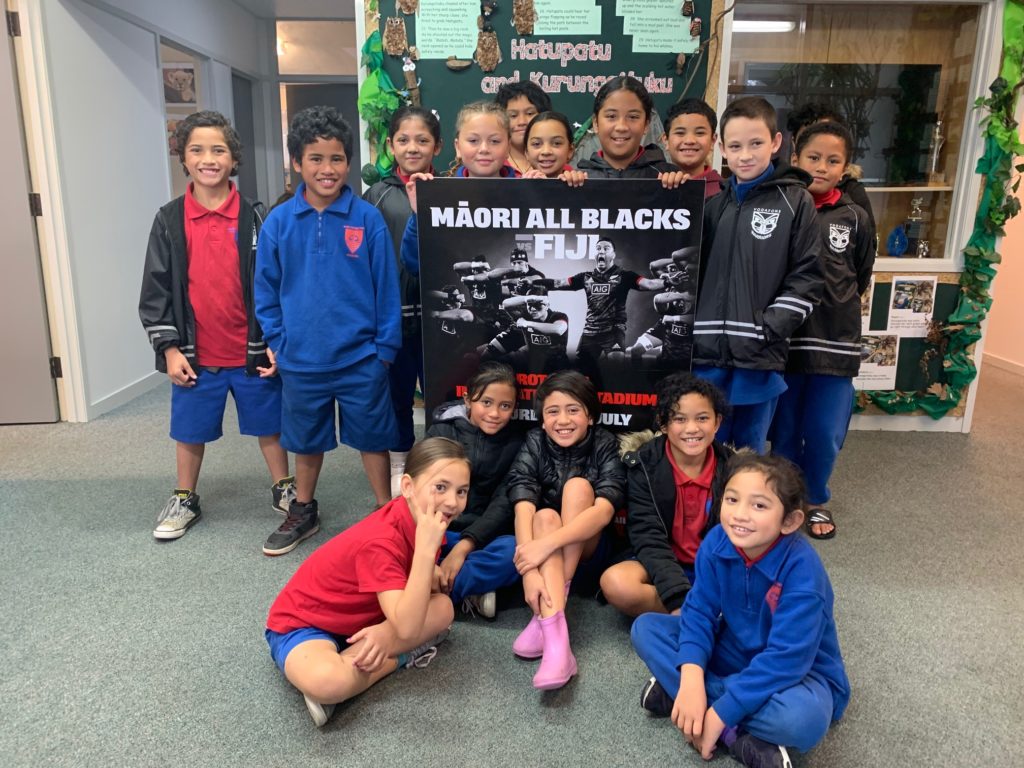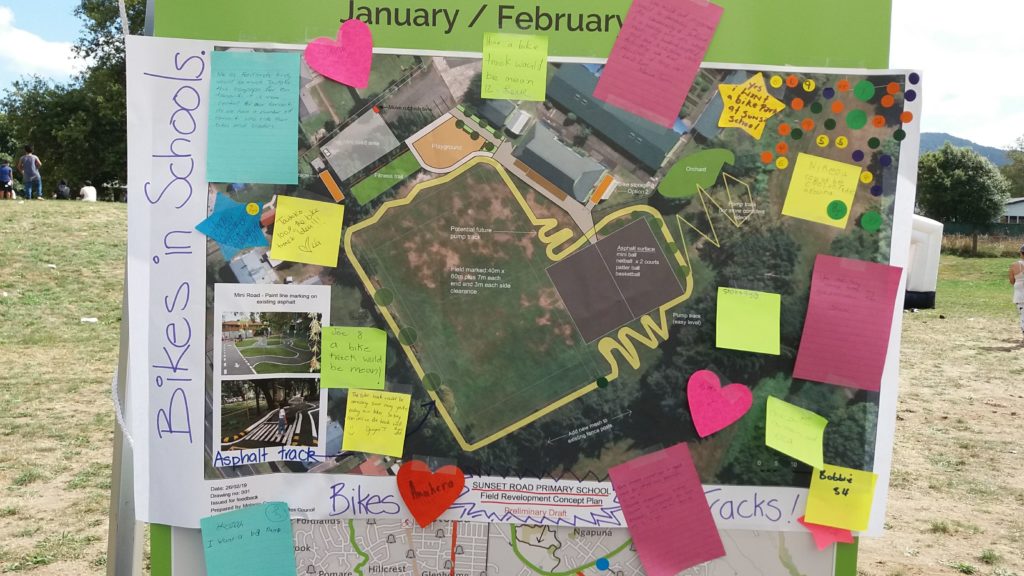




Looking at Council services through a Child Equity Lens
Child Poverty is an epidemic that affects approximately 29% of tamariki in Aotearoa; an uncomfortably high number which is even higher in Rotorua, where Jill Campbell - Advisor for the Strategy and Partnership Team of Rotorua Lakes District Council told us about the work they're doing to address urgent issues.

“49% of our 0-9 year olds live in the highest level of deprivation. Just that statistic itself gave some momentum for us to change the way we were approaching things. We thought to ourselves, ‘what can we do to interrupt the poverty cycle and help our kids dream big?’”
In 2018 a visit by the Council’s senior management team to Hutt City Council introduced Jill and her colleagues to a different way of approaching business-as-usual when it came to community engagement.
“Hutt City were actively looking at how to restructure their programmes in order to meet the needs of young people, including access to public facilities for lower socio-economic communities.”
The team returned from their trip feeling invigorated and inspired to shake things up a bit.
“We have these existing, wonderful free services for our children. The library, the aquatic centre, the museum… but we knew that not all children in our community were accessing or using them equally. So we looked at all of this with an equity lens and started figuring out how we could change things, without reinventing the wheel.”
The first things to be assessed were the barriers. While the aquatic centre had partnered with a local swim school to deliver some free swim safety lessons and arranged transport for local children in years 4-6 to make use of, the reality is that lower decile schools weren’t taking up this opportunity. The reason was simple – many tamariki didn’t have togs.
What came next was a conversation with the newly appointed principal of a local decile 1 school – Sunset Primary in Fordlands, Rotorua.
“While we had some ideas, we first had a conversation with the principal to get his thinking on needs, gaps and possible solutions.”
To make the most of the swim school, Jill approached the aquatic centre and managed to get them on board to gather and wash all of the kids’ lost swimwear that had been left at the pool. Jill then delivered the togs to the school. This meant the children were finally able to go to the pool and make use of the free swim school service.
“We know that kids’ exposure to positive experiences and opportunities that are here in our community are often lacking, and that’s an area that we could help make a difference.”
Through other conversations, Jill also identified that this particular school was also in need of some basic recreational facilities for their students.
“I couldn’t understand why this school only had one playground for the younger kids. Nothing else. Lack of resources was a key issue. The reality is that generating an extra $20,000 through a gala day to help fund a new playground just isn’t possible for every school.”
Once the root of this particular challenge was uncovered, Jill and the school Principal committed to making change to see who else might be willing to contribute.
“We went to our local funder – Rotorua Energy Charitable Trust. We asked if they would partner with us to fund a child equity programme for that school. They were interested and supportive but they wanted the application to come from the school. That was a good lesson; we (Council) could assist them with the application but it should be led by the school.

By May 2019, just four months after initiating collaboration conversations, things had quickly moved forward. The primary school was awarded funding to not only support a ‘Bikes in Schools’ programme with an accompanying bike track on the school grounds but also a substantial playground. All of which would be open to the public outside of school hours. Rotorua Energy Charitable Trust funded a salary for a part time support person who could drive tamariki to and from the aquatic center, sport and various clubs so that local children were able to participate.
At a school whānau day, students and whanau took part in the selection process for their new playground equipment and input into the development of the bike track. It was important that everyone was involved and able to have their say.
Having taken a chance on a different collaborative approach, the school’s principal was thrilled to see a new energy among the tamariki.
“I have kids showing up at 7am each morning because they’re so excited to get to school.”
Children, Jill reminds us, spend as much time at school as they do with their whānau at home.
“You want school to be a safe place for kids to learn. When you look at wellbeing, there are some basic needs that every person requires before we can learn.”
With the government’s school lunch programme already in place, and with the addition of new recreational facilities at the school, the start of the new school year for 2020 saw a record turnout on day one.
“I’m really proud of the progress that we have made to better support children in this community. We have to move fast here. This is children. It’s their education and their wellbeing. It’s urgent.”
With a council-funded evaluator engaged to write up the progress and results of these approaches, Jill and her team are now looking ahead to what’s next, including engaging with a further five decile one and two schools to see how a collaborative approach might improve child wellbeing outcomes in their communities too.
“Strong community connections only come about by showing up and doing the mahi. Showing that you mean what you say by following through on what you say you’ll do. Ultimately it’s about finding new ways to support children in the early stages of their lives. To inspire and instill hope and aspirations so that all tamariki can dream big… and so we can break the cycle.”
